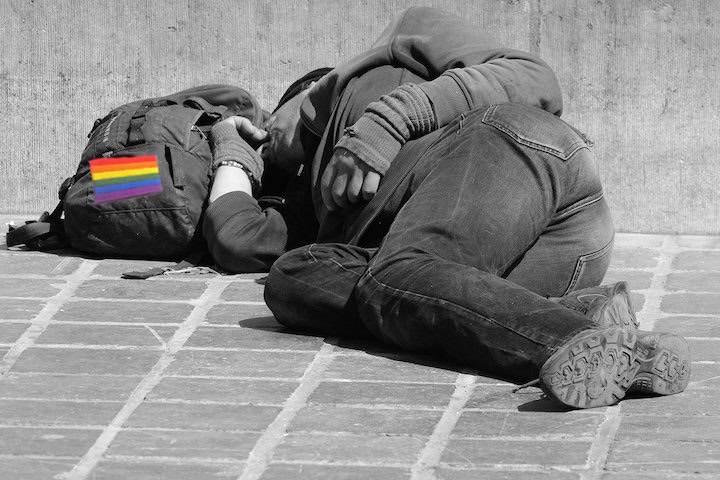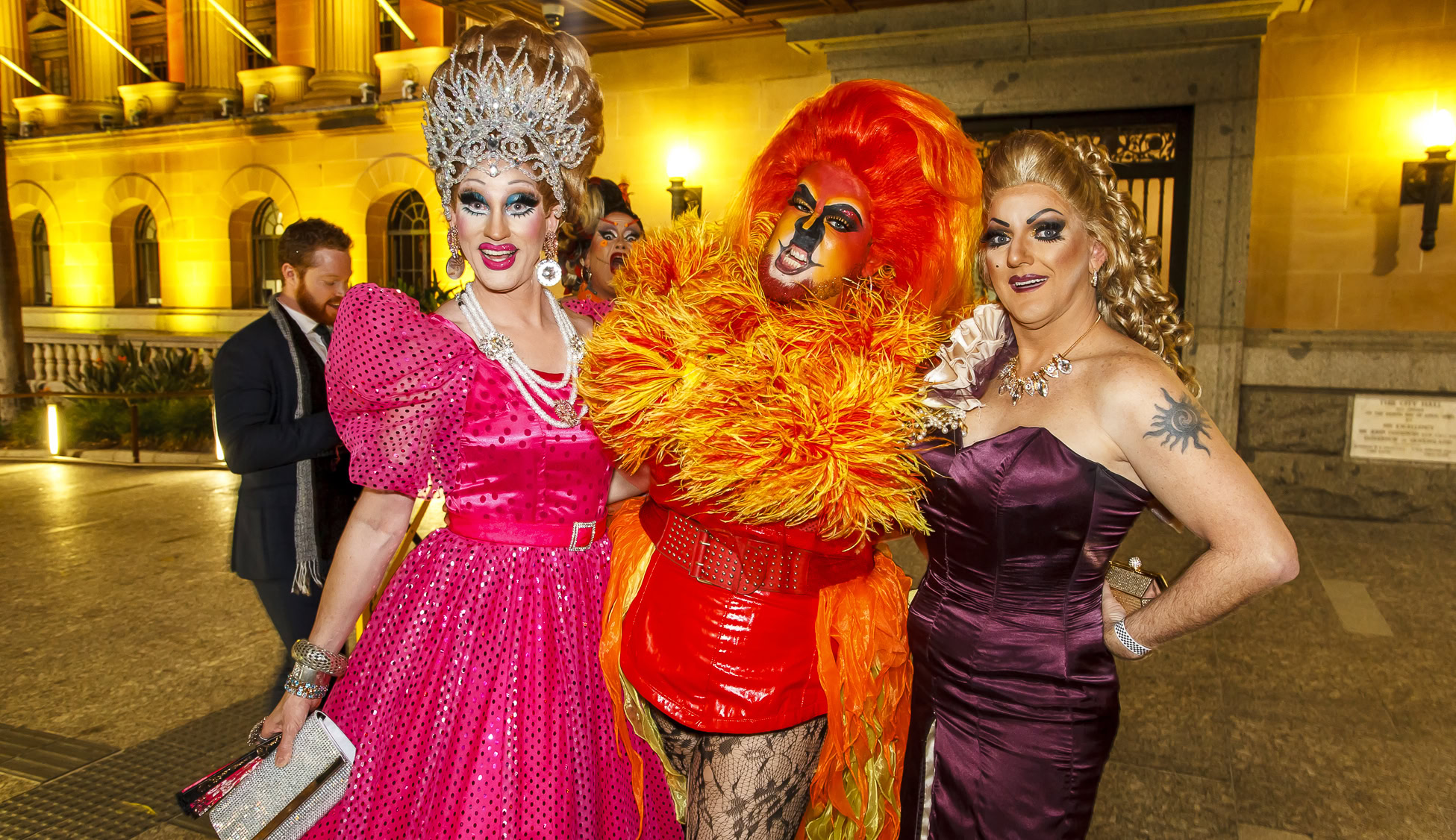
Act On LGBTQI Homelessness: Organisations Tell Government

The lack of adequate research and laws that enable faith-based organisations to discriminate is affecting the ability to respond to the needs of LGBTIQI persons in Australia experiencing homelessness.
Four LGBTQI organisations have now come together to ask the federal government to take steps to address the issue.
The Victorian Gay & Lesbian Rights Lobby (VGLRL), Transgender Victoria, the Gay and Lesbian Rights Lobby of New South Wales (NSW GLRL) and Intersex Human Rights Australia have made recommendations including asking the government to “invest in research to identify the root causes of homelessness” for LGBTIQ+ persons.
A survey carried out by VGLRL in 2019, and part of the submissions revealed that 47.5% of LGBTQI persons surveyed had experienced homelessness, housing insecurity, or had been at risk of homelessness.
40% of the respondents had reported discrimination against them in the housing market. And, not surprisingly, the survey revealed that among trans and gender diverse persons, the numbers were worse, with 79 % experiencing homelessness in some form and 62.5 % being subjected to discrimination while accessing the housing market.
For Intersex persons, the figures were 50 % (experienced homelessness) and 75 % (faced discrimination) and for LGBTQI persons with a disability, the numbers were 78 % (experienced homelessness) and 66 % (faced discrimination).
“We know that LGBTQI people experience homelessness at higher rates than the broader population. This could be because we are kicked out of the family home because of our sexuality. It could be because of discrimination by landlords preventing entry to the rental market. It could also be because of the continued discrimination towards our community that contributes to LGBTQI people having higher rates of mental health and drug and alcohol issues,” said Nevena Spirovska, Co-Convener of VGLRL in a press release.
“This risk is heightened for LGBTQI youth and transgender, intersex, and people with disability. However, little research has been conducted into the causes, rates and experiences of LGBTQI homelessness – this lack of research is a clear obstacle in the pathway to properly addressing the issue.” added Spirovska.
Co-Convener Jack Whitney of NSW GLRL pointed out that the issue assumes significance in times like the present COVID-19 crisis. “We know that there are specific needs required to address the higher frequencies of homelessness experienced by the LGBTQI community. It is especially important that during the current public health crisis, that all Australians have a safe place to go and stay,” Whitney said.
Brenda Appleton, Chair of Transgender Victoria, said that the organisation was dismayed at the difficulties faced by LGBTIQ+ homeless persons, “including trans and gender diverse people, to find inclusive services where they feel respected and safe, especially for trans people feeling validated regarding their authentic gender identity and gender expression and who face multiple layers of discrimination as well as homelessness.”
The recommendations made by the organisations are.
- The Minister for Families and Social Services should pursue amendments to Schedule B of the National Housing and Homelessness Agreement to include LGBTQI people as a priority homelessness cohort.
- The Government should fund research into the prevalence, causes and frequency of homelessness experienced by LGBTQI people.
- Government should ensure collection and publication of data that includes sex, sexual orientation and gender identity.
- Repeal or remove provisions in the Sex Discrimination Act of 1984 to end discrimination by faith-based employers, providers of homelessness and other related services against LGBTQI people.
- Develop and disseminate LGBTQI-inclusive practice guidelines for the homelessness and housing sectors.
- Work with the National Disability Insurance Scheme to provide funding for public and emergency housing providers to ensure physical accessibility of their premises for those with disabilities or chronic illnesses.
- The Department of Health should extend funding of the Silver Rainbow LGBTQI Aged Care Awareness Training Project beyond its expiry of June 2020.









